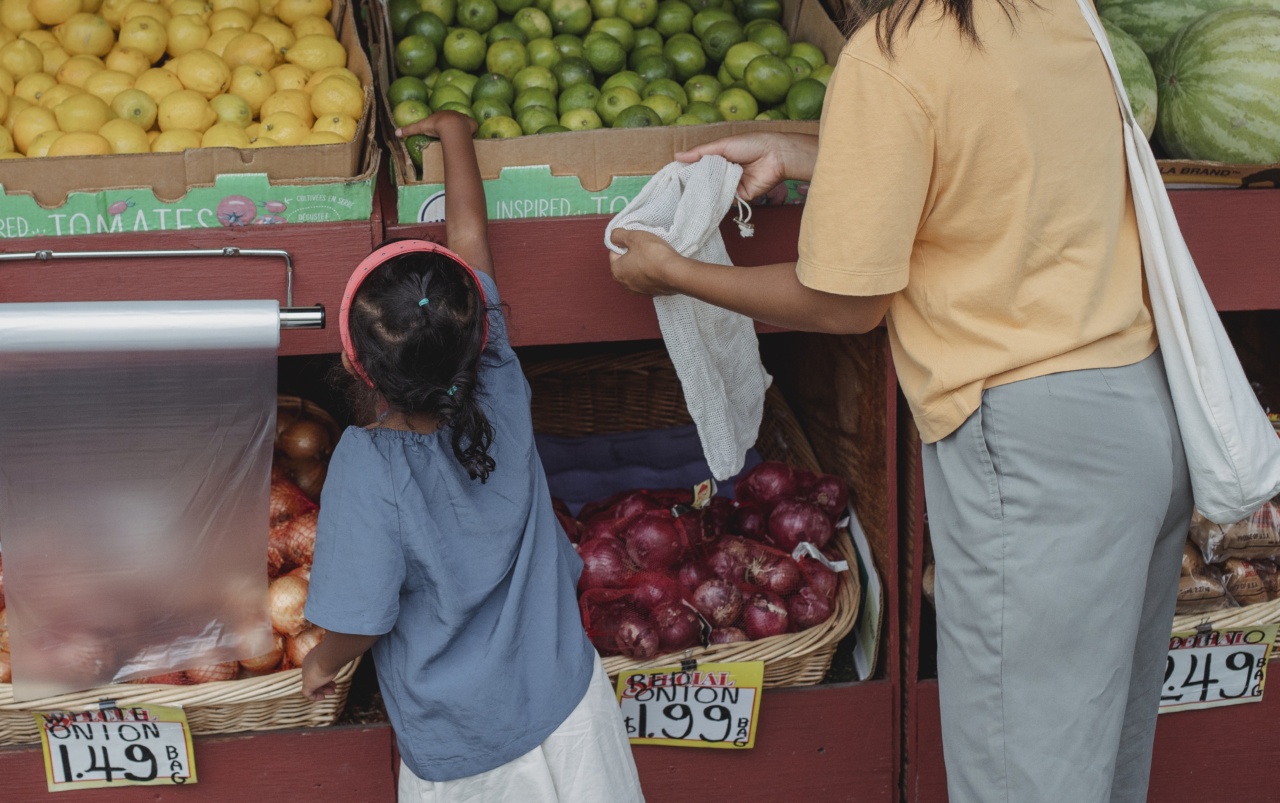Citrus fruits are known for their abundant nutritional value. Loaded with vitamins A and C, they are a popular choice for a healthy diet. However, not all kids can enjoy the benefits of citrus due to their fragile immune systems.
Understanding Fragile Kids
Fragile Kids are those children who have a weakened immune system or a chronic illness. Such kids struggle to fight off infections and diseases that may seem minor to others.
Kids with congenital immunodeficiencies, autoimmune diseases, and cancer often fall into this category.
Whether a kid is a fragile child depends on different factors. Some kids may have an underlying condition from birth, while others may develop a fragile immune system as a result of various treatments and therapies.
Kids with autoimmune conditions may have a compromised immune system resulting from self-attacking cells that destroy healthy ones.
The Problem with Citrus Fruits
While citrus fruits are great for growing children, they could be harmful to fragile kids. The high acidity in citrus fruits can upset their stomachs and cause other gastrointestinal issues.
Besides, the vitamin C in orange juice and other citrus fruits can interact negatively with specific medications and treatments, reducing their effectiveness.
For example, aspirin and acetaminophen, commonly used to relieve pain and fever, interact with vitamin C. These drugs are already hard on the stomach, and consuming citrus fruits could lead to further complications.
In some cases, consuming citrus fruits could even result in allergic reactions, especially in kids with underlying allergies or immune-related conditions.
Alternative Sources of Nutrients for Fragile Kids
Since fragile kids need a carefully crafted diet, alternative sources of essential nutrients may be necessary. The good news is that other fruits and vegetables contain the same nutrients as citrus fruits, without the risks.
Foods like berries, papaya, mangoes, and cantaloupe, contain high levels of vitamins A and C, as well as antioxidants and fiber. Cauliflower, broccoli, brussels sprouts, and kale are great sources of vitamin C and other vitamins.
Other sources of vitamin A include sweet potatoes, carrots, spinach, and peas.
Consult a Pediatric Nutritionist
Parents with fragile kids should consult a pediatric nutritionist to establish the best diet for their child.
A nutritionist will be able to assess the child’s specific condition and recommend food that provides the ideal nutrients without risking potential harm.
Final Thoughts
Citrus fruits are an excellent source of nutrients for growing kids. However, parents of fragile kids should exercise caution when including citrus in their child’s diet.
Consulting a pediatric nutritionist and finding alternative sources of crucial nutrients are essential steps to protect fragile kids from potential harm.






























